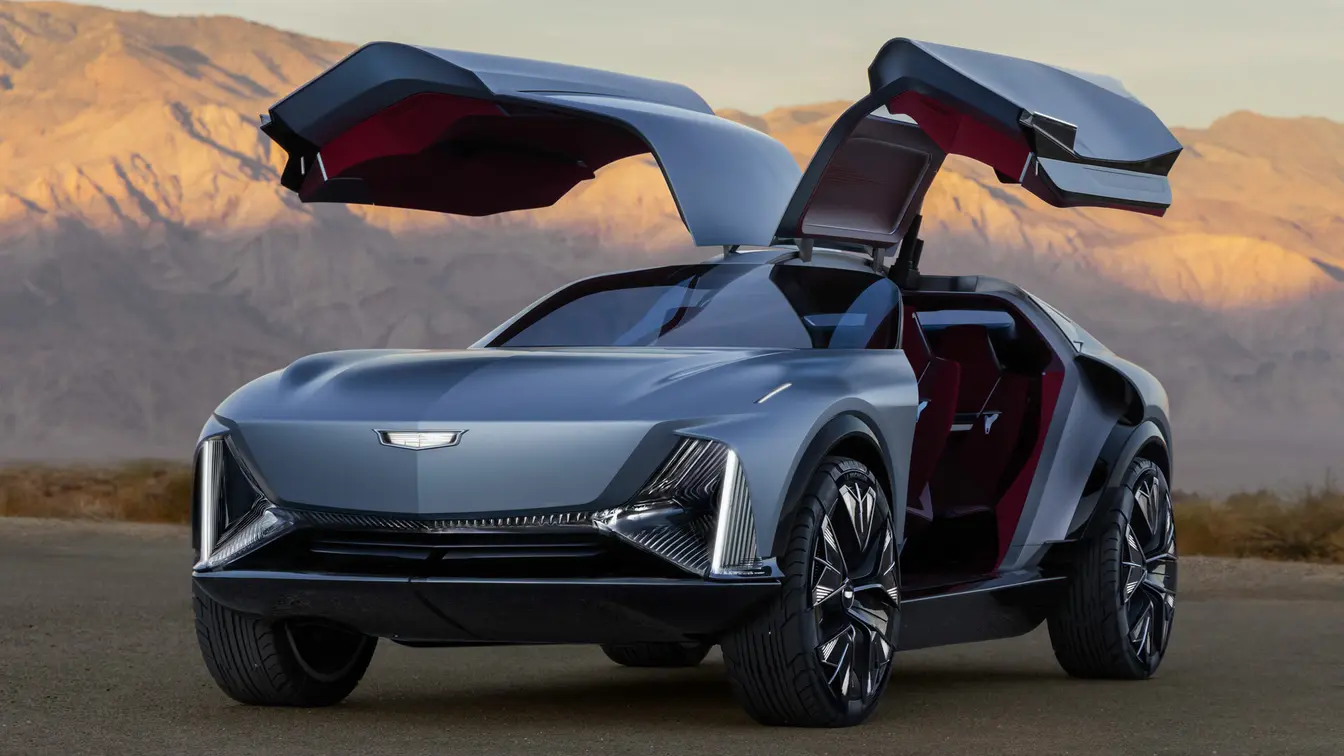T4K3.news
HTC unveils Vive Eagle AR glasses
HTC announces Vive Eagle smart glasses in Taiwan with AI features and a premium price, signaling a measured rollout into the AR glasses market.

HTC launches Vive Eagle smart glasses to compete in the growing AR space with AI features and a premium price.
HTC enters smart glasses race with Vive Eagle
HTC has announced the Vive Eagle smart glasses, positioned as a direct rival to Meta's Ray-Ban and Oakley frames. The glasses feature 12-megapixel ultrawide cameras, twin speakers, and run on a Snapdragon AR1 Gen 1 chip with 32GB of onboard storage. They connect to AI services for translation, text recognition, and calendar tasks, and can recall people you meet or where you parked your car through a memory feature. The device is currently shown in Taiwan, and HTC hasn't said whether it will be widely available or which apps will run on it.
Price sits around 15,600 New Taiwan dollars, about $535, a premium level that will invite close comparison with Meta's Ray-Ban and Oakley glasses, as well as competitive AR glasses from Xiaomi. Battery life is claimed at 4.5 hours of music playback and more than 36 hours on standby, with fast charging from 0 to 50% in under 10 minutes through the case. The lack of clear US availability and uncertain app ecosystem adds to the risk that the Vive Eagle may remain a niche product unless it offers a clear, practical use case.
Key Takeaways
"AI glasses need real apps not buzz words"
Editorial remark on AI features
"The real test is daily usefulness not camera specs"
Assessment of hardware vs practical use
"Ecosystem beats hardware in AR glasses"
Strategic takeaway on market dynamics
HTC's move signals a shift in the AR race from pure tech specs to everyday usefulness powered by AI. By aligning with Gemini and ChatGPT, HTC tries to offer translation, memory, and scheduling as core features. But AR glasses are still hampered by price, limited app ecosystems, and privacy concerns. The Taiwan release suggests a measured, staged rollout rather than a global launch. The market remains crowded with Ray-Ban, Xiaomi, and other players.
The success will hinge on practical apps and a sustainable business model. If HTC can build an ecosystem beyond hardware and can offer compelling daily tasks, it could challenge Meta's dominance. If not, the Vive Eagle risks being a stylish but costly curiosity. The story is less about specs and more about whether AR glasses can truly blend into daily life.
Highlights
- AI glasses need real apps not buzz words
- Price will decide if Vive Eagle takes off
- Daily usefulness will beat camera specs
- Ecosystem beats hardware in AR glasses
Budget price and limited rollout risk
HTC faces a crowded AR glasses market with a premium price. Availability is Taiwan-only for now and the app ecosystem is unclear, raising questions about global appeal and privacy implications of AI features.
The next phase will reveal whether Vive Eagle can turn AI powered glasses into everyday wear.
Enjoyed this? Let your friends know!
Related News

HTC Vive Eagle debuts with longer battery and AI options
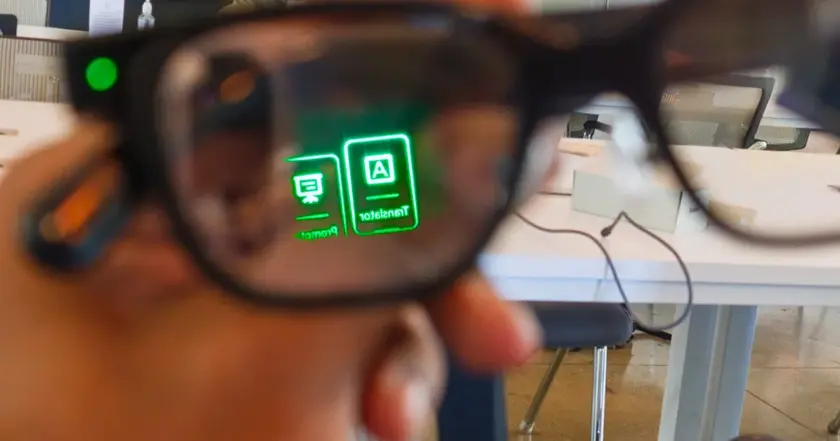
Rokid AI Glasses launch on Kickstarter

Rokid Glasses set to challenge Meta Ray-Bans
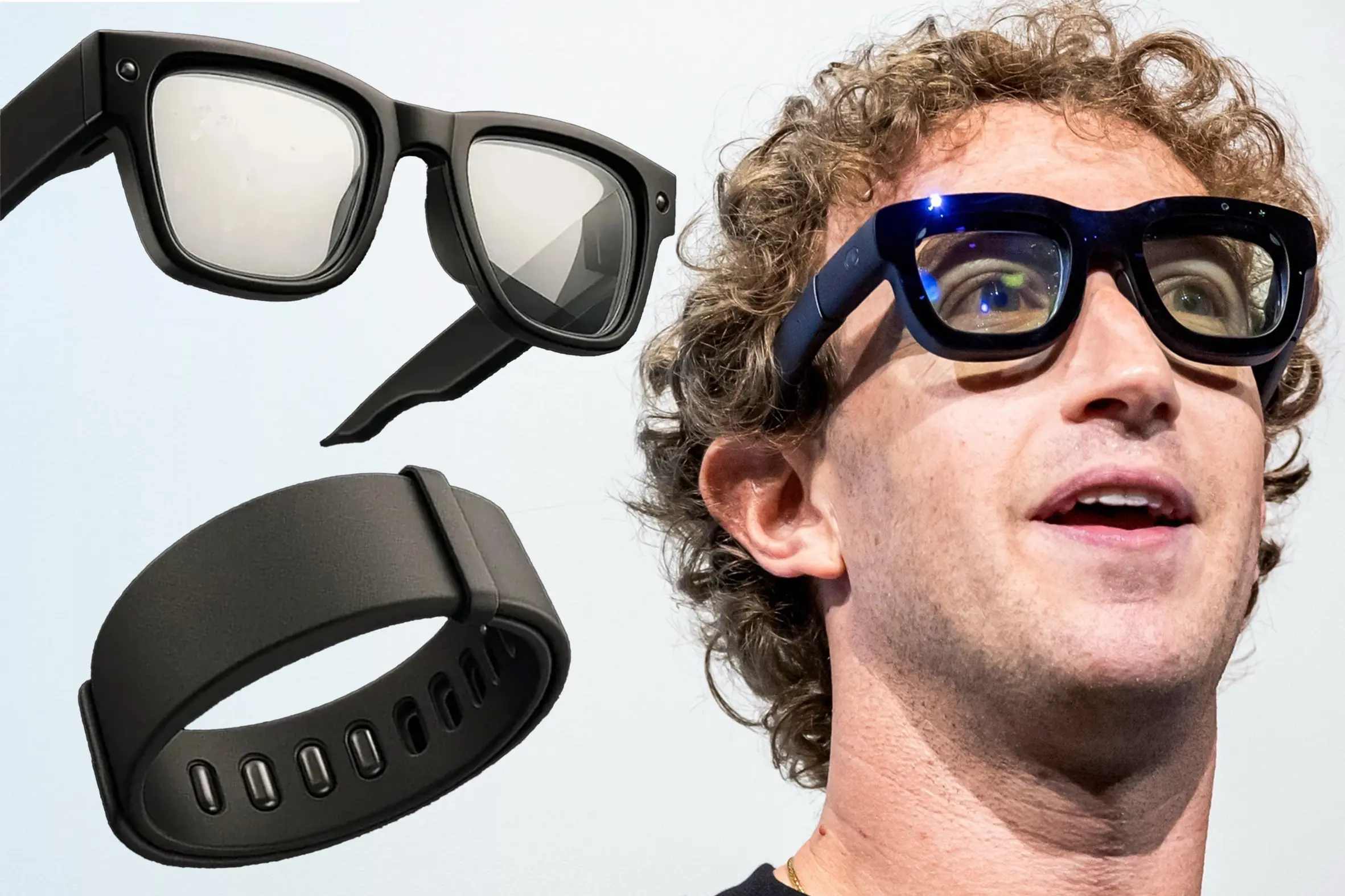
Meta Connect 2025 updates arrive

Apple unveils Awe Dropping hardware lineup

Jamie Laing reflection moment
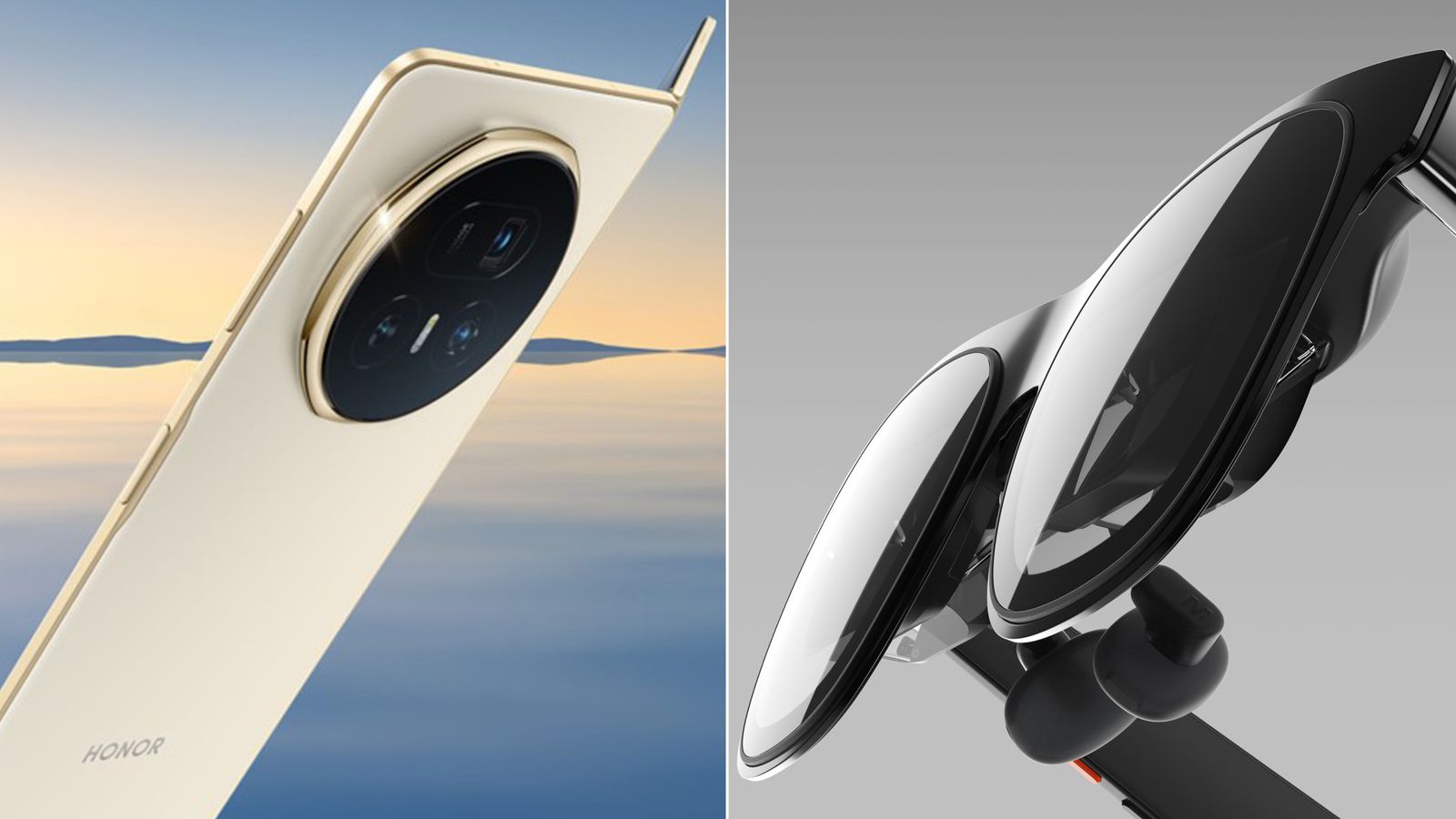
Tech firms unveil the thinnest devices yet
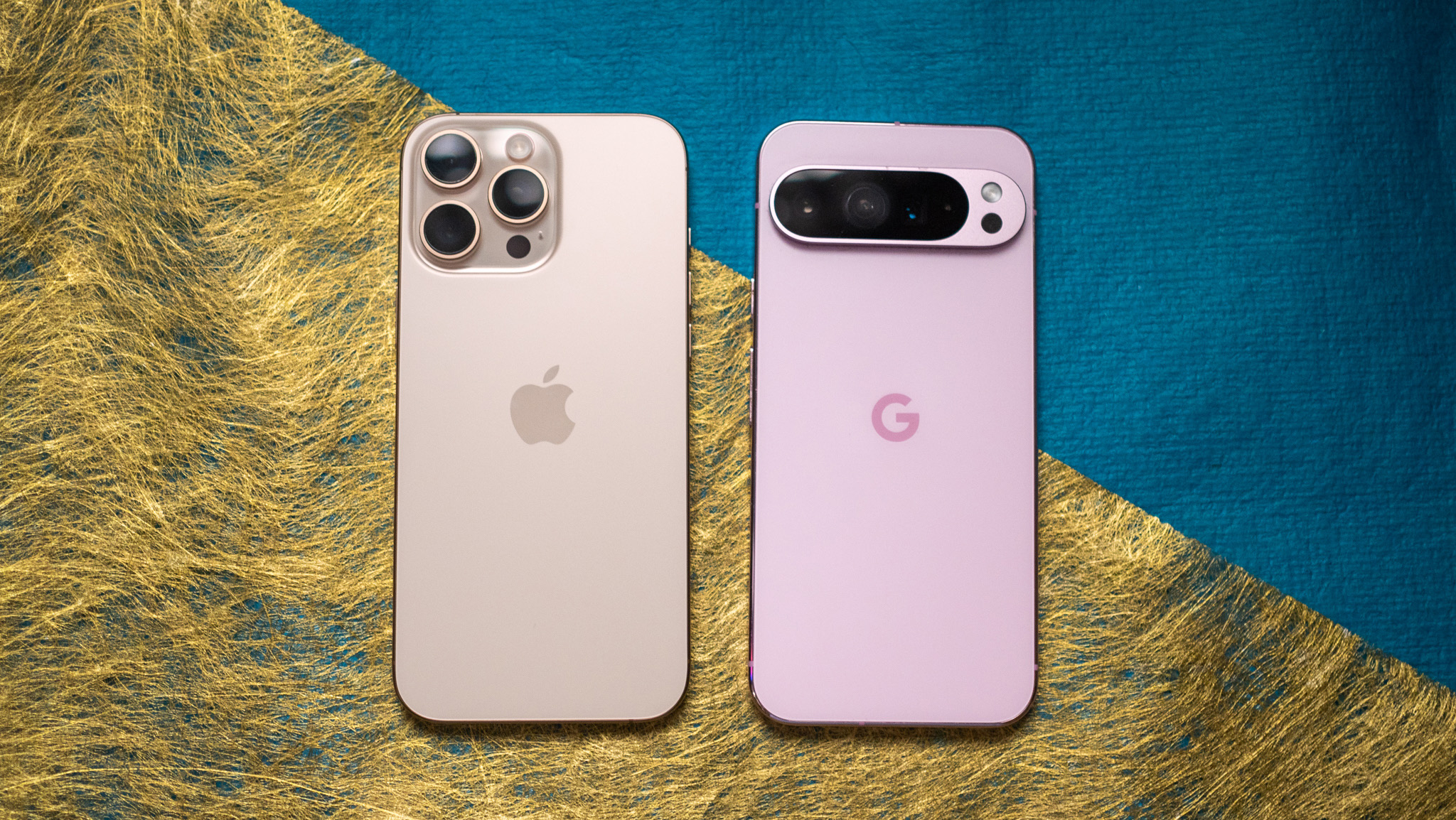
New Safari could challenge Chrome's market share
